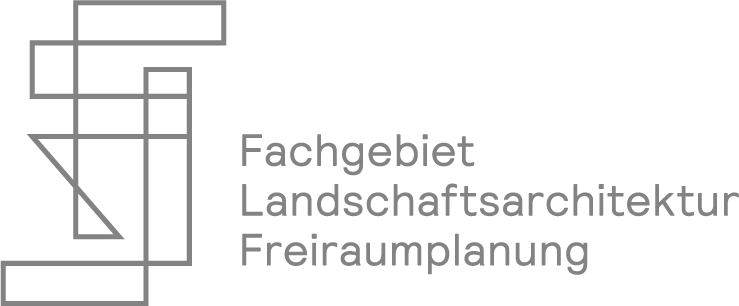DIAGNOSE! Lecture
Energy-Synergy
Energy Landscapes
By: Prof. Dr. Sascha Roesler
http://www.roesler.arc.usi.ch/index/team/prof-dr-sascha-roesler.html
Lecture held on January, 21, 2022
Buckminster Fuller firmly believed the notion of “synergy” had strong implications for the way we conceive of energy in architecture: “the words synergy (syn-ergy) and energy (en-ergy) are companions.” Relying on Fuller’s intuition, the theory of synergy leads to an understanding of energy that is shaped by the co-production and coordination (synergy) of building groups and the urban environment as a whole.
From the early 1960s onwards, there was a significant theoretical discussion around “collective form”, which in the 1970s would be reformulated as an explicit discourse on “energy and form”. Landscape architects such as Ian McHarg and architects such as Ralph Knowles explored the urban dimensions of energy. As I would like to show, the energy potential of the urban climate was of decisive importance for this. At that time, energy and climate, were still recognized as a promising conceptual pairing. Going beyond the scale of the individual building, new forms of architectural thinking were being put forward, which weighed natural forces and several buildings together for the production or conservation of energy.
Length: 47:06 min
About Sascha:
Prof. Dr. Sascha Roesler is an architect and theorist, working at the intersection of architecture, ethnography, and science and technology studies.
Since 2016, he is the Swiss National Science Foundation Professor for Architecture and Theory at the Academy of Architecture in Mendrisio, Switzerland (Università della Svizzera Italiana). Roesler was appointed by SNSF to set up a new special research field on “architecture and urban climates;” within that framework, he leads a group of doctoral and postdoctoral researchers.
Roesler, who holds a doctorate from the ETH Zurich, has published widely on issues of global architecture, sustainability, and relocation.
BB2040
[EN] Berlin Brandenburg 2040 was initiated by the Habitat Unit in cooperation with Projekte International and provides an open stage and platform for multiple contributions of departments and students of the Technical University Berlin and beyond. The project is funded by the Robert Bosch Foundation.
[DE] Berlin Brandenburg 2040 wurde initiiert von der Habitat Unit in Kooperation mit Projekte International und bietet eine offene Plattform für Beiträge von Fachgebieten und Studierenden der Technischen Universität Berlin und darüberhinaus. Das Projekt wird von der Robert Bosch Stiftung gefördert.








